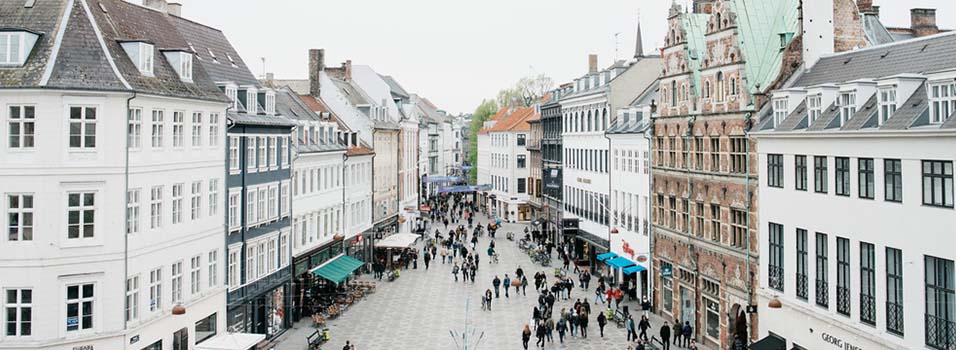Denmark regains title of 'world's happiest country'
Denmark's recent recognition as the world's happiest country highlights the nation's consistent performance in various indicators of well-being and happiness. Factors such as high life expectancy, strong GDP per capita, social support systems, and perceptions of equality contribute to Denmark's top ranking in the annual World Happiness Report.
Denmark's success can be attributed to several key factors. Firstly, the country boasts a high life expectancy of 80 years, well above the global average. This reflects the effectiveness of Denmark's healthcare system, which provides free or tax-financed healthcare to its citizens. Additionally, Denmark's GDP per capita is robust, standing at $44,916, which places it among the top nations globally in terms of economic prosperity.
Moreover, Denmark's welfare system is often lauded for its effectiveness in reducing income inequality, resulting in one of the world's smallest wealth gaps. This social safety net ensures that citizens have access to essential services and support, contributing to overall happiness and well-being.
Furthermore, research has suggested that there may be genetic factors at play in Denmark's high levels of happiness. Studies have indicated that Danes exhibit a genetic predisposition towards happiness, which may contribute to their overall positive outlook on life.
In contrast, countries like Burundi, which ranked lowest in the World Happiness Report, face significant challenges such as low life expectancy and GDP per capita. These factors, coupled with other social, economic, and political issues, contribute to lower levels of happiness and well-being among the population.
Overall, Denmark's recognition as the world's happiest country underscores the importance of holistic approaches to well-being, encompassing factors such as healthcare, economic prosperity, social support, and cultural attitudes towards happiness.












